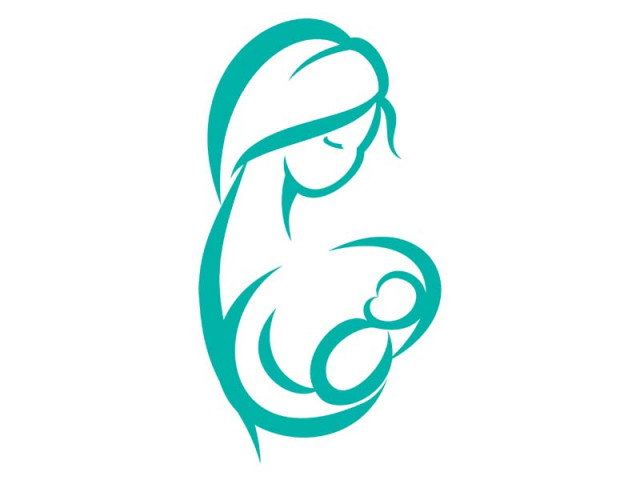Nurturing health and maternal bonding
MsT Celebrates breastfeeding week for a brighter Pakistan

DESIGN BY MARYAM RASHID
According to a demographic health survey conducted from 2012 to 2013, breastfeeding accounts for about 38% while bottle feeding rates have risen to 41% in Pakistan. Also, over the years, the infant formula industry has flourished rapidly, replacing the need for breast milk altogether.
The first week of August is celebrated as the global Breastfeeding Week. It’s a good time to understand and propogate its importance across Pakistan as well. Nursing is the first source of natural vaccines for infants and boosts their immunity. A baby who is frequently breastfed is at a lower risk of mortality or malnutrition. In fact, the risk of pneumonia, asthma, diarrhea, otitis and other allergies are all reduced thanks to the nutritional elements of breast milk. Scientific research has also proved that children who have been breastfed grow up to have better IQs, memory and development skills than those who are not.
But the health benefits of breastfeeding are not all that need to be highlighted. Unhealthy feeding practices, such as bottle feeding, contributes to higher rate of mortality in babies under the age of five. As a result, there is a dire need to educate expecting mothers. There are also some baseless myths surrounding breastfeeding, especially in the rural areas of Pakistan. For instance, there is a popular belief that the milk produced soon after birth shouldn’t be fed as it is poisonous for the infant. On the contrary, most doctors advise new mothers to feed the first produce of milk. Similarly, many mothers wrongly believe that lactation can adversely affect the physical appearance of the breast when in fact, the milk has nothing to do with the size or shape. Not to mention, lactation actually burns calories! Therefore, in order to provide our children with a happy, healthy and a bright life, we must spread awareness for nursing across the country.
Myths surrounding breastfeeding
It is estimated that 22% of infant mortality cases can be prevented if breast milk is introduced soon after birth. Some of the myths that prevent this include:
Frequent feeding causes poor nursing
Because breast milk is so easy to digest, babies generally get hungrier quicker than when they are fed formula milk. In reality, most doctors say that it is normal for newborns to eat every two to three hours.
Bad milk causes mastitis and sore breasts
It isn’t the lactation that causes mastitis and soreness but rather, poor nursing techniques.
Many women don’t produce enough milk
The vast majority of women produce more than enough milk. In fact, an overabundance of milk is common. Most babies that gain weight too slowly or lose it too fast do so because they do not get all the milk that the mother has. Most commonly, this is because the baby fails to latch onto the breast properly.
If the mother has an infection, she should stop breastfeeding
Baring a few exceptions, continuous breastfeeding will actually protect the baby. This is because by the time the mother has fever (or cough, vomiting, diarrhea or rashes, etc) she has already transferred the infection to her baby, since it has been germinating within her before making her sick. The baby’s best protection against getting this is for the mother to continue breastfeeding.
Published in The Express Tribune, Ms T, August 9th, 2015.


















COMMENTS
Comments are moderated and generally will be posted if they are on-topic and not abusive.
For more information, please see our Comments FAQ